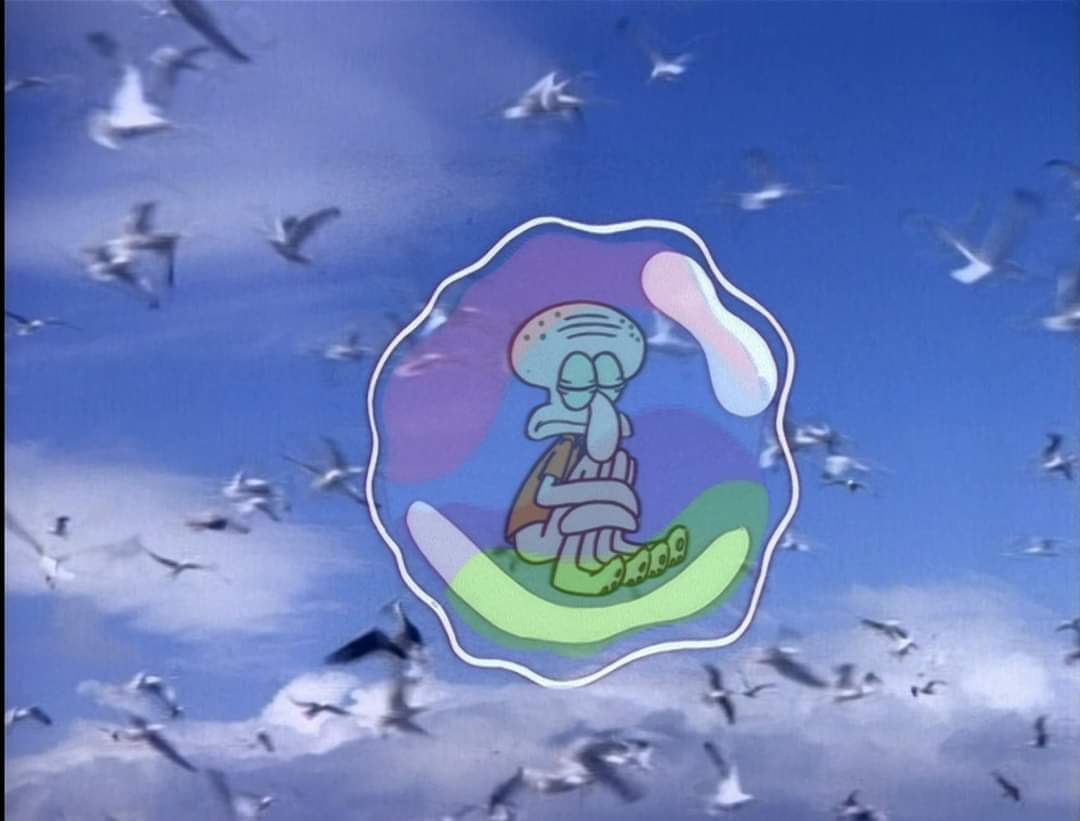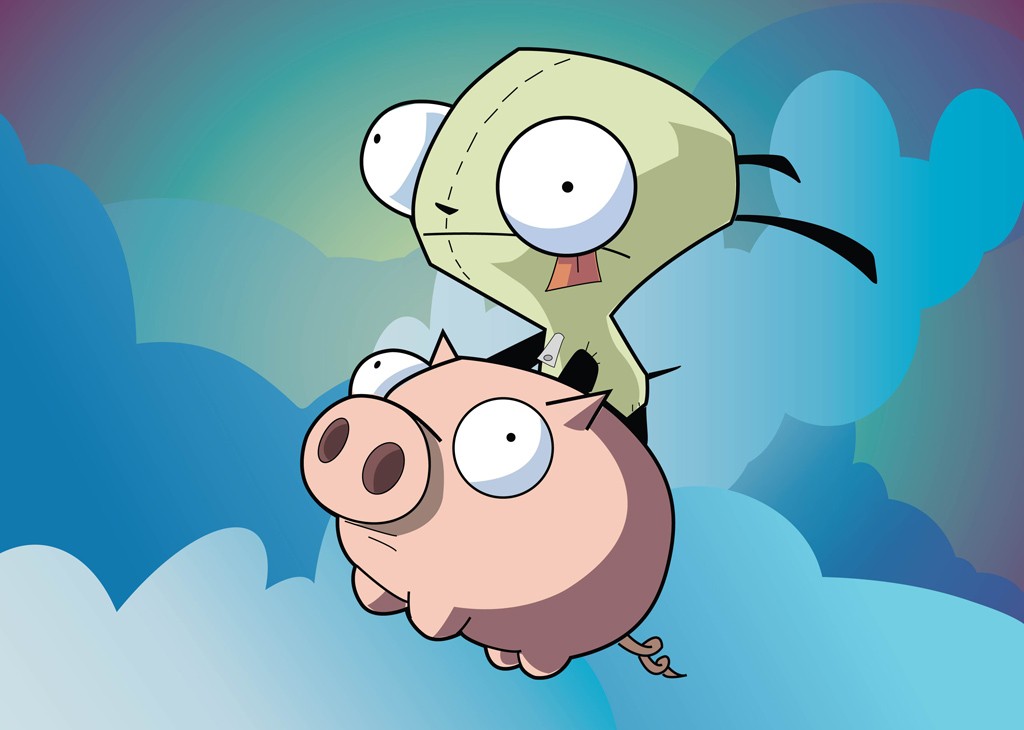The divisability rule for 7 is that the difference of doubled last digit of a number and the remaining part of that number is divisible by 7.
E.g. 299’999 → 29’999 - 18 = 29’981 → 2’998 - 2 = 2’996 → 299 - 12 = 287 → 28 - 14 = 14 → 14 mod 7 = 0.
It’s a very nasty divisibility rule. The one for 13 works in the same way, but instead of multiplying by 2, you multiply by 4. There are actually a couple of well-known rules for that, but these are the easiest to remember IMO.
Thanks I hate it
This math will not stand man!
If all of the digits summed recursively reduce to a 9, then the number is divisible by 9 and also by 3.
If the difference between the sums of alternating sets digits in a number is divisible by 11, then the number itself is divisible by 11.
That’s all I can remember, but yay for math right?
Well, on the side of easy ones there is “if the last digit is divisible by 2, whole number is divisible by 2”. Also works for 5. And if you take last 2 digits, it works for 4. And the legendary “if it ends with 0, it’s divisible by 10”.
There’s also the classic “no three positive integers a, b, and c to satisfy a**n + b**n = c**n for values of n greater than 2“ trick but my proof is too large to fit in this comment.
Fucking lol
Its never divisible by zero, and its always divisible by one
Never say never. 1/0 = 0
Interesting read. Thank you.
The 9 rule works for 3 too The 6 rule is if (divisible by 3 and divisible by 2)
I think it might be easier just to do the division.
⅐ = 0.1̅4̅2̅8̅5̅7̅
The above is 42857 * 7, but you also get interesting numbers for other subsets:
7 * 7 = 49 57 * 7 = 399 857 * 7 = 5999 2857 * 7 = 19999 42857 * 7 = 299999 142857 * 7 = 999999Related to cyclic numbers:
142857 * 1 = 142857 142857 * 2 = 285714 142857 * 3 = 428571 142857 * 4 = 571428 142857 * 5 = 714285 142857 * 6 = 857142 142857 * 7 = 99999942857 for those who wonder
And for ops title: 23076923
Actually disgusting
Why
Never realized there are so many rules for divisibility. This post fits in this category:
Forming an alternating sum of blocks of three from right to left gives a multiple of 7
299,999 would be 999 - 299 = 700 which is divisible by 7. And if we simply swap grouped digits to 999,299, it is also divisible by 7 since 299 - 999 = -700.
And as for 13:
Form the alternating sum of blocks of three from right to left. The result must be divisible by 13
So we have 999 - 999 + 299 = 299.
You can continue with other rules so we can then take this
Add 4 times the last digit to the rest. The result must be divisible by 13.
So for 299 it’s 29 + 9 * 4 = 65 which divides by 13. Pretty cool.
That is indeed an absurd amount of rules (specially for 7) !
It should be fun to develop each proof. Particularly the 1,3,2,-1,-3,-2 rule, which at first sight seems could be easily expanded to any other number.
Thanks, Satan
Wait until you learn of 51/17.
Thanks, I hate it
With 17, I understand that you’re referring to how 299,999 is also divisible by 17. What is the 51 reference, though? I know there’s 3,999,999,999,999 but that starts with a 3. Not the same at all.
57 / 17 = 3. That messes up with my brain.
Your math is wrong.
That it is. And it’s not just my math that is wrong.
I know you opened your calculator app to check it.
49 is divisible by 7, so why not?
Can we just say it isn’t? Like that’s an exception, and then the rest of math can just go on like normal
So what? Being a prime number doesn’t mean it can’t be a divisor. Or is it the string of 9s that’s supposed to be upsetting? Why? What difference does it make?
Phew, for a moment I worried that 2.9999… was divisible by 7 and I woke up in some kind of alternate universe
…9999 is exactly equal to -1.
But only in base 10.
Well yes of course. If it was a different base, writing it that way if the symbol was even available would be a different number.
Isn’t every number divisible by 7?
Yup, this is just a coordinated smear campaign from Big Integer.
Yes technically almost every number is divisible by another in some way and you’re left with a remainder that spans plenty of decimal places.
But common parlance when something is said to be divisible is that the end results is a round number…







